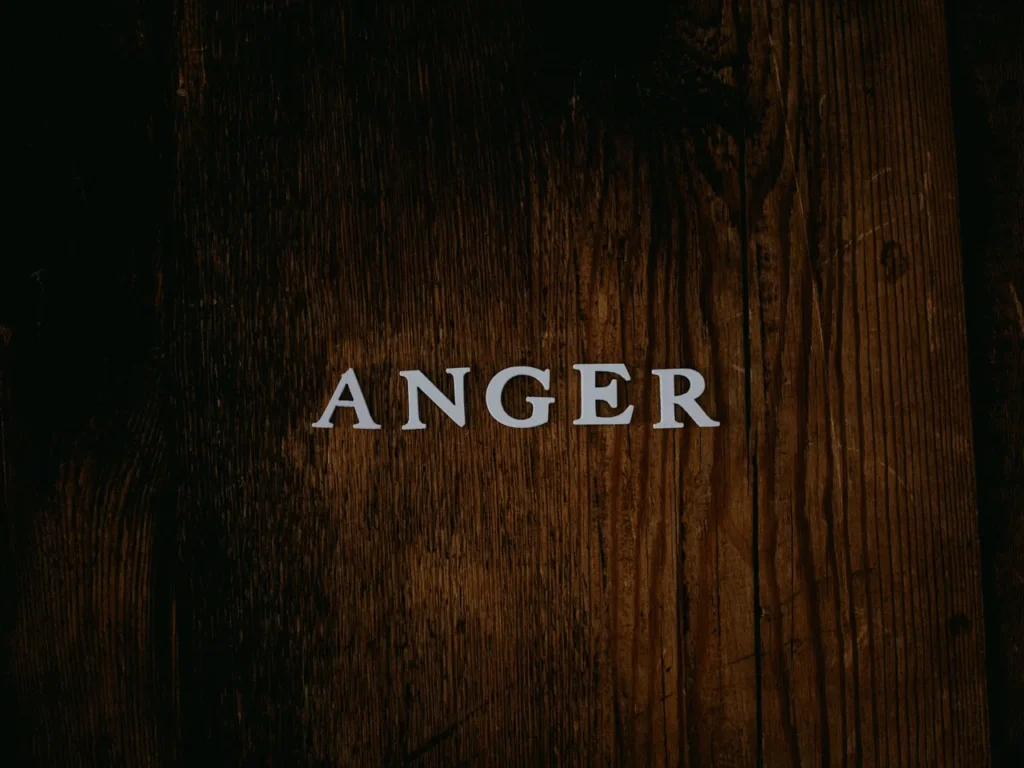Unraveling Anger: Understanding Why We Get Mad and How to Cope
Category: Misc.
Do you know that feeling when you get upset, like a boiling pot ready to explode? Well, that’s anger! But why do we feel this way, and what can we do about it? Buckle up as we look at what’s behind anger and learn some excellent tips to handle it better. It’s time to take charge of our emotions and find inner peace!

Topic Of Discussion
Understanding Anger
Anger is a complex emotion, and its origins can be influenced by various psychological, physiological, and environmental factors. Psychologically, anger may be triggered by past traumas, unresolved conflicts, or unmet emotional needs. For instance, someone who experienced childhood abuse might carry unresolved anger into adulthood, leading to explosive reactions in certain situations. Additionally, certain traits, such as low frustration tolerance or impulsivity, can contribute to the intensity and frequency of anger outbursts.
Physiologically, anger involves a series of biological responses, including releasing stress hormones like cortisol and adrenaline. These hormonal changes prepare the body for a “fight or flight” response, amplifying anger and making it challenging to control. Moreover, brain structures like the amygdala, responsible for emotional processing, are crucial in triggering anger when perceived threats or injustices occur.
Environmental factors also play a significant role in shaping how we experience and express anger. Stressful living conditions, exposure to violence, or a lack of healthy coping mechanisms can increase the likelihood of experiencing anger and aggressive behavior. Cultural norms and family dynamics can also influence how anger is perceived and expressed, leading to differences in anger styles among individuals and communities.
Proven Coping Strategies for Emotional Mastery
Mastering anger involves developing effective coping strategies to constructively manage and channel intense emotions. One proven approach is mindfulness, which encourages individuals to observe their emotions nonjudgmentally and become more aware of their internal state. Mindfulness practices, such as meditation and deep breathing exercises, can help individuals stay present and reduce the automatic reaction to triggers, allowing for more thoughtful responses to anger.
Cognitive-behavioral techniques are another valuable resource in anger management. Individuals can reframe their perspectives and develop more balanced thinking by identifying and challenging negative thought patterns associated with anger. This can lead to reduced emotional intensity and better problem-solving skills when faced with challenging situations.
Furthermore, communication skills are crucial in handling anger within relationships. Learning assertiveness and active listening can facilitate open and respectful dialogue, helping to address conflicts before they escalate. Assertive communication enables individuals to express their needs and boundaries while actively listening to other’s perspectives, fostering understanding and empathy.
Nurturing Healthy Relationships in the Face of Anger
Anger can significantly impact relationships, but it doesn’t have to be destructive. Healthy relationships thrive when both partners can express themselves honestly and empathetically. Learning to communicate effectively during moments of anger is essential to prevent emotional distance and resentment from building up.
Building emotional safety within a relationship is vital to navigating anger successfully. This involves creating an environment where both partners feel secure expressing their emotions without fear of judgment or retaliation. Cultivating trust and vulnerability allows for open conversations about anger and its underlying causes.
Practicing active listening is an invaluable skill when dealing with anger in relationships. When a partner expresses anger, taking the time to genuinely listen and understand their feelings fosters connection and shows that their emotions are respected and valued. This empathetic approach can lead to finding common ground and resolving conflicts constructively.
Remember, seeking professional help is essential if anger issues negatively affect your relationship. Professional couples therapy with experienced therapists, like those at Tri-Star Counseling, can provide guidance and support to work through underlying issues and strengthen the emotional bond between partners.
Let’s Recap
Anger is a natural emotion; understanding its origins is pivotal to taming its intensity. By embracing evidence-based coping strategies and nurturing healthy relationships, we can harness the power of anger to create positive change within ourselves and those around us.
However, should you face an insurmountable wall of anger, seeking professional help can be transformative. With its team of experienced and compassionate therapists, Tri-Star Counseling stands ready to guide you through the labyrinth of emotions. Take the first step towards emotional well-being by scheduling a therapy session with Tri-Star Counseling today. We can discover the serenity on the other side of anger’s tempest.
In the quest for emotional mastery and self-discovery, remember that change begins with a single step. Let this be yours.
Embrace the transformative power of understanding and coping with anger. Take action now by scheduling a therapy session with Tri-Star Counseling. Your journey to emotional well-being starts today.


